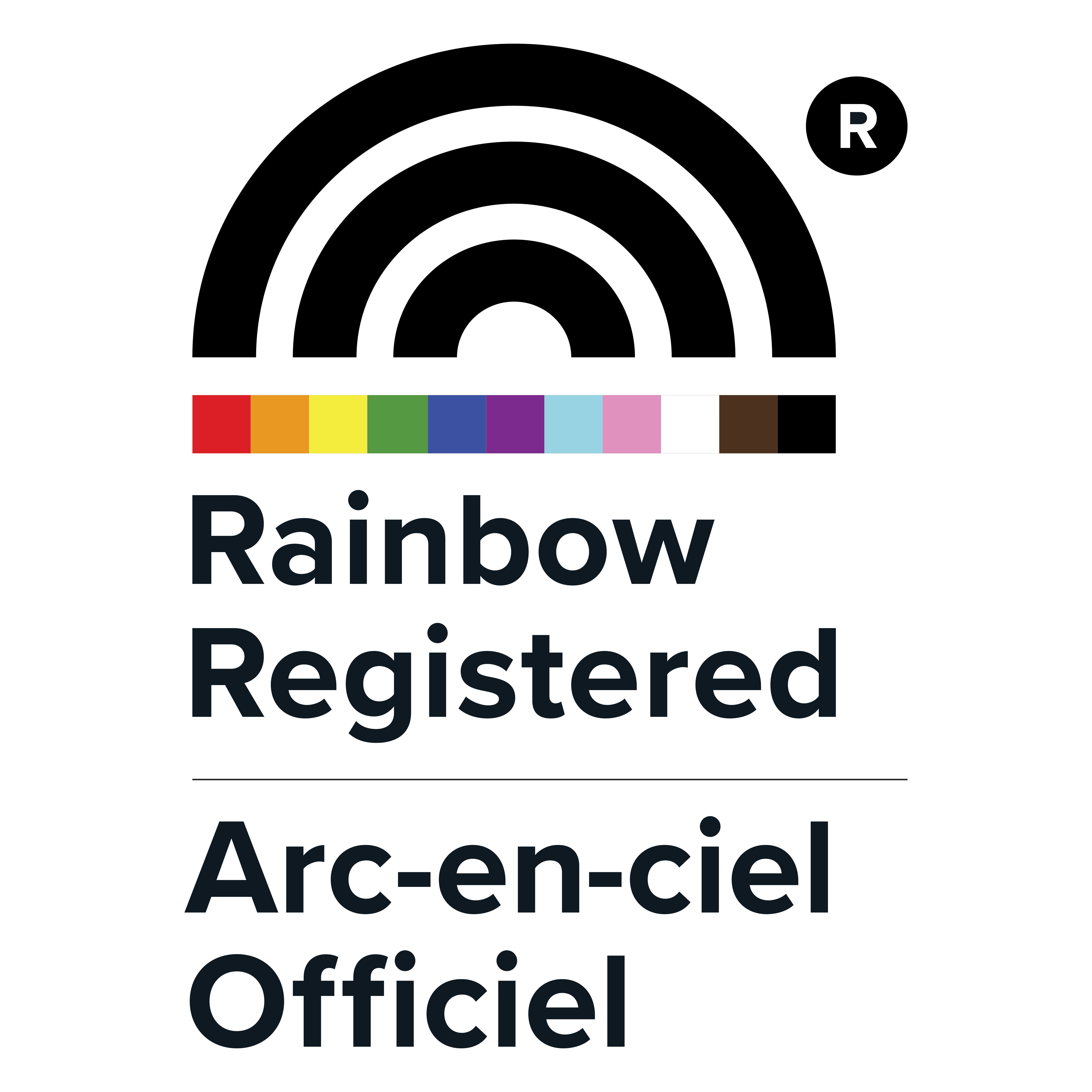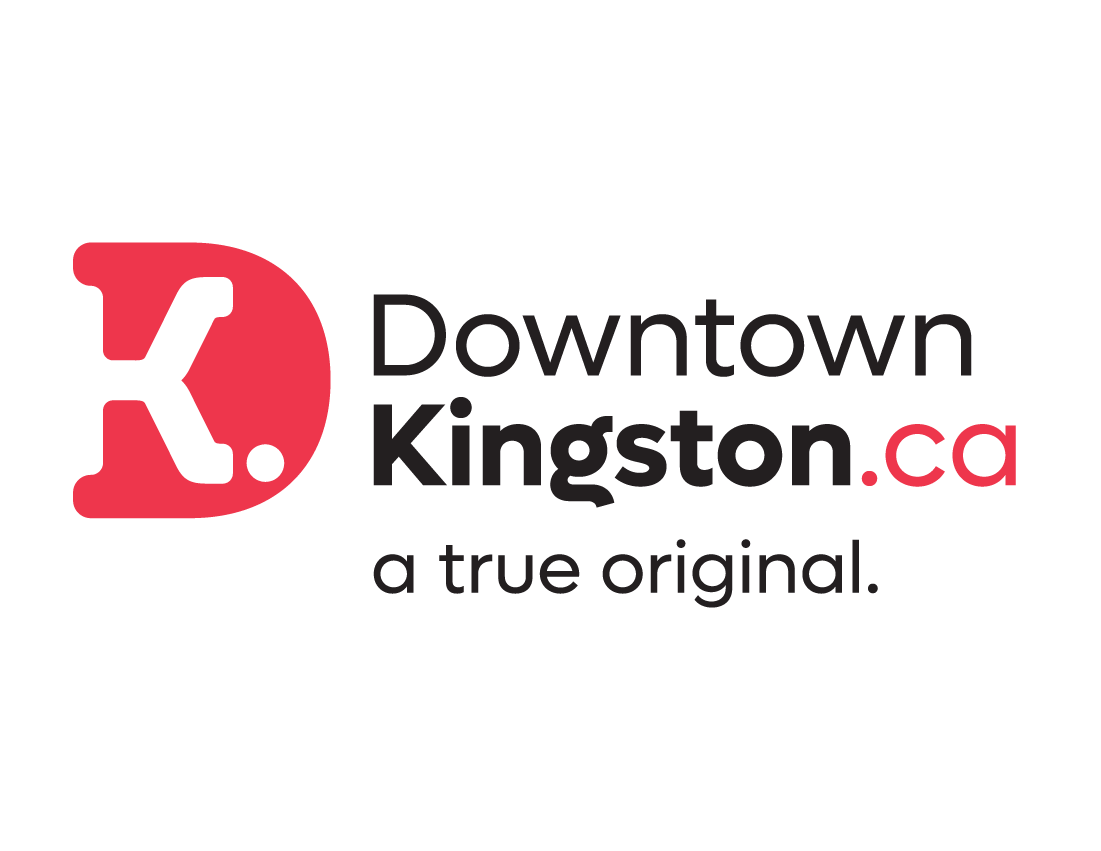Kingston is a wonderful mix of heritage and progressive thinking, and nowhere have I seen that better exemplified than in Le Chien Noir’s Chef Derek Macgregor. Derek is known among locavores as ‘the chef with the little yellow wagon.’
To begin this story, a locavore is a person interested in eating locally produced food—grown within one hundred miles of point of purchase. Locavore thinking is rooted in sustainability and eco-consciousness.
Derek is just one of many Kingston chefs whose philosophies reflect this thinking. Derek is unique in that he visits the Kingston Public Market, located less than a block from Le Chien Noir, pulling a little yellow wagon behind him. He used to return to the restaurant from the market unable to carry all his purchases, so he decided to get a wagon to make the trips across easier. “We buy from fifteen to twenty local farmers at any given time—Patchwork Gardens (in Battersea), Kitchen Garden (in Wilton), Enright Cattle (in Tweed), to name just a few.”
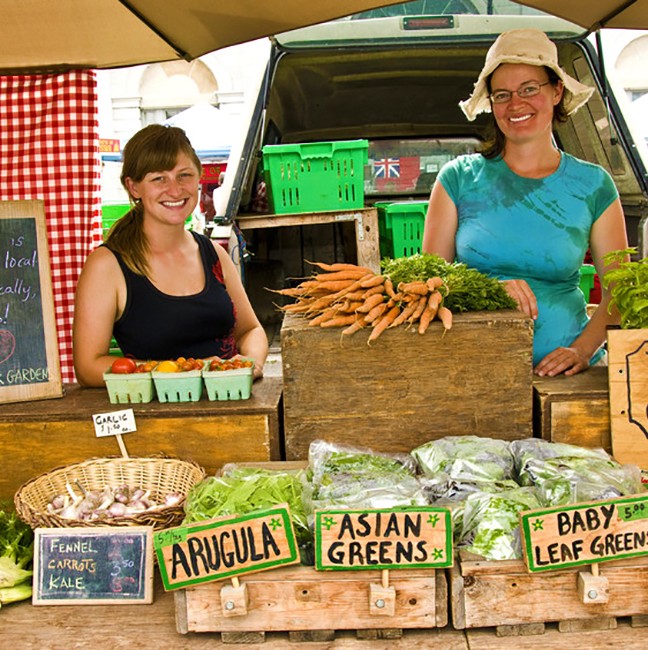
Curious about his reasoning, I ask Derek, “Why does it matter to you to use Ontario ingredients?”
“For a variety of reasons,” he tells me. “Taste is the big one, but we also know the community that produces it. At the market, we build relationships.”
“The farmers are very approachable!” I say. “I like that we can discuss how my food was grown and how to prepare it.”
“Yes,” Derek agrees. “People are more educated about foods these days, so our buying local produce that’s mostly organic is reassuring to our customers.”
“Kingston’s restaurants haven’t always had this relationship with local farms,” I suggest.
“No,” Derek says. “but today Kingston has a very real, very vibrant farmers’ market where you can get almost anything you want. And those relationships we’ve built have made a big difference.”
“It goes deeper, doesn’t it?” I say. “I’ve heard from such restaurants as Atomica, Harper’s Burger Bar, Dianne’s, Olivea and Chez Piggy, that several of the downtown chefs have meetings each spring with local farmers, discussing which seeds they should plant.”
“It’s true,” Derek admits. “For instance, all our in-house lettuce is from Patchwork Gardens. We buy about seven hundred heads of lettuce a week, between Le Chien Noir and Atomica.”
Derek wants to bring his customers a sense of the field where their food was grown, the barn where the livestock were raised. He wants his customers to have a genuine, reliable, honest sense of the reality of their food. Another way he and Tim Pater, the owner of Le Chien Noir, bring diners and farmers together is by building community over a meal. They work closely with other restaurateurs, with the local farmers and with the BIA.
“This city’s hosted lots of events, like ‘Feast of Fields’, and ‘Local Food, Local Chef’. We do tapas pairing events and harvest dinners.” Le Chien Noir even brought farmers and vintners into the restaurant for events, encouraging them to go table-to-table and speak to the diners about what they were eating.
Tim Pater once told me, “On all our branding, the phrase Eat Local appears first, and then the list of our restaurants. Local ingredients matter that much to us.”
Local ingredients should matter to us, as any locavore will tell you. This spring, the non-profit organization Ontario Culinary Tourism Alliance (OCTA) launched the initiative Feast ON. Feast ON is a criteria-based program that recognizes businesses committed to showcasing Ontario’s unique tastes of place, bring eaters and eateries together over local food.
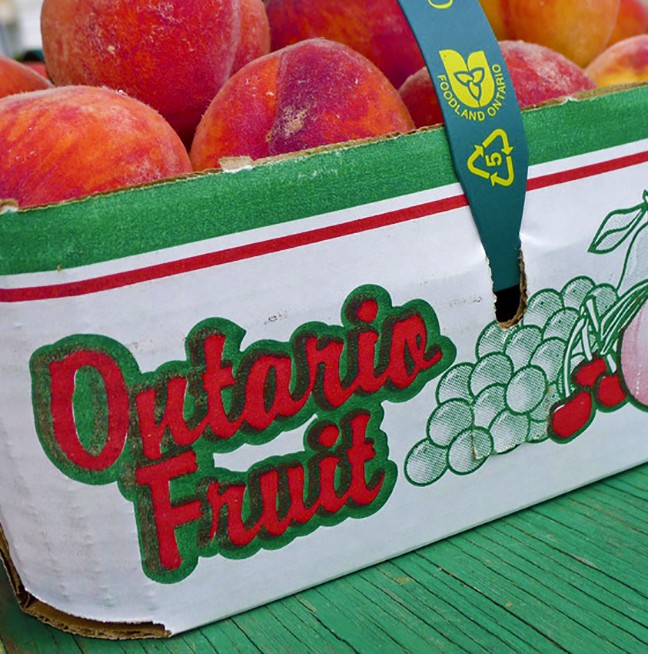
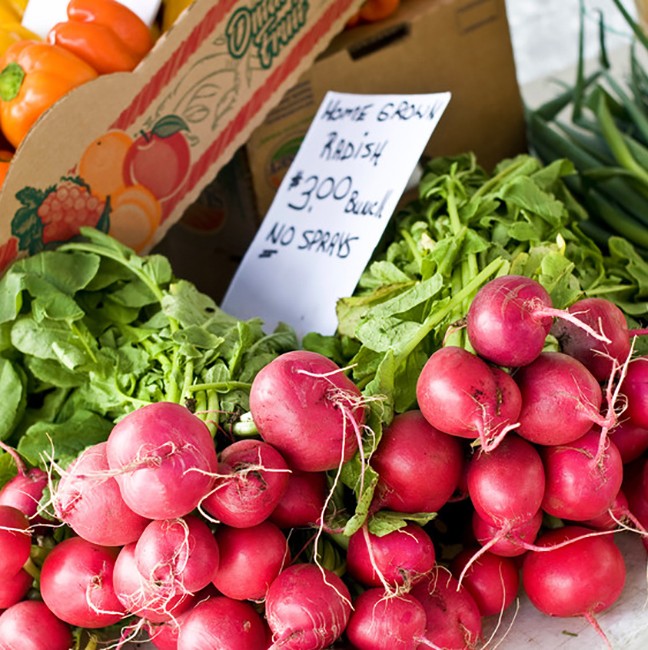
“The nice thing about being a chef in Kingston,” Derek says, “is that here it takes fifteen to twenty minutes and you’re in the country. There are a dozen farmers half an hour away!” In only a very few cases has he not walked the fields with the farmer to visit the harvest that he’s going to be using in the kitchen. “We have access to great produce!”
“Does this mean your menu is dynamic, that ingredients could change depending on what’s available?” I ask, excited at the prospect. A true locavore hopes for such an open-minded approach.
“I’m kind of a spontaneous cook,” he confesses. “I like to go to the market and create the pairings for the meats as I shop. I visit the stalls three times a week with my little yellow wagon. They have good produce, as you know!”



